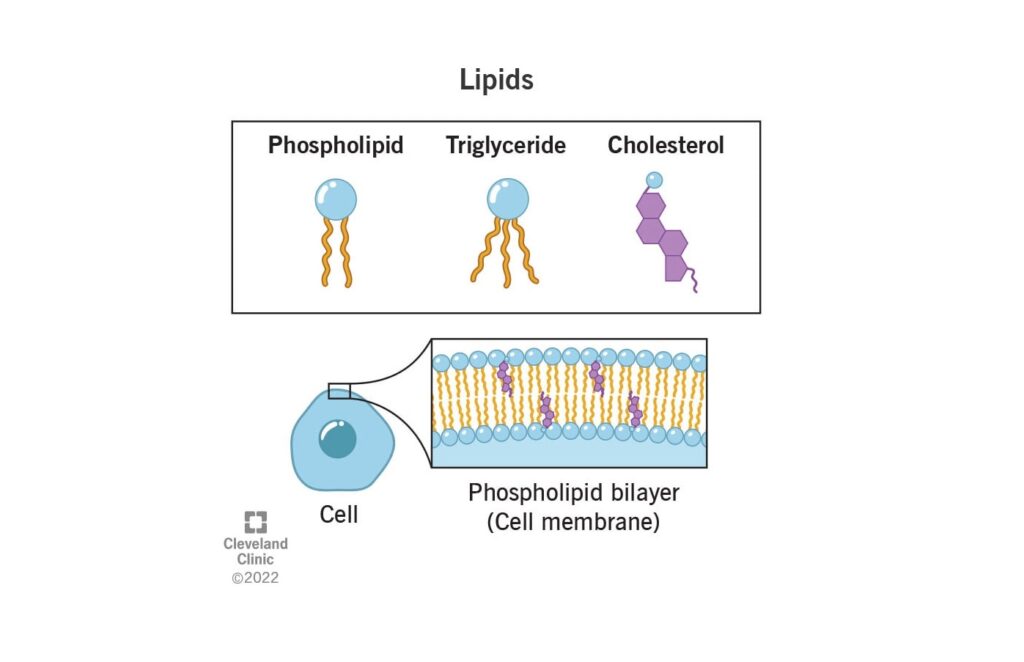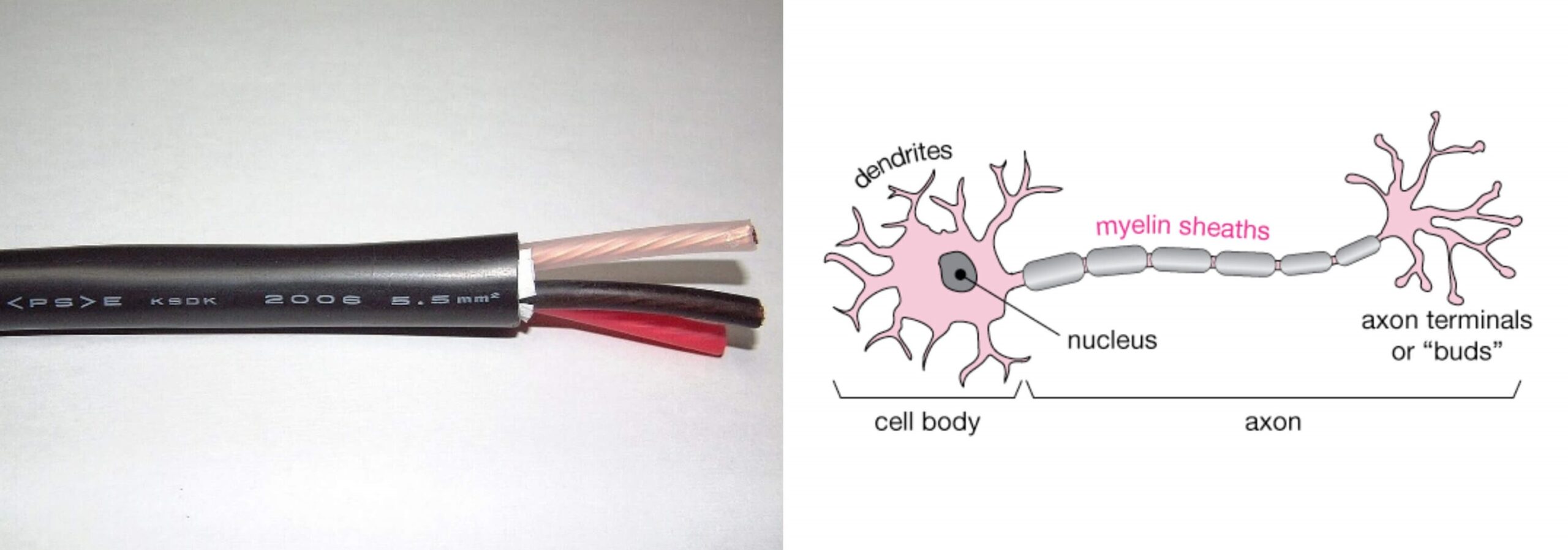THE TRUTH ABOUT STATIN CHOLESTEROL LOWERING DRUGS

Cholesterol lowering medications, called statins have been one of the most popular drugs prescribed in the world over the past 30 years with annual sales reaching $20 billion.
These drugs were first approved by the FDA in 1987 as a new mechanism to reduce cholesterol. Now 35 years later, we have an abundance of data on the safety and efficacy of these drugs but more importantly we have outcome data on their effects related to cardiovascular disease, heart attacks and strokes.
There are always many unwanted side effects of these drugs. I get many questions and inquiries on my opinion or thoughts on cholesterol lowering drugs so I thought I would present the science and mechanism behind these drugs so people can make informed decisions on whether or not they should take them.
Cholesterol Is Essential For Cellular Health
First of all, cholesterol is a very important molecule in human physiology. We get cholesterol from our diet but our body also makes it on its own if it senses we are not getting enough from our diet. Remarkable concept that the body regulates what it needs. Cholesterol is absolutely essential for cellular health and without it, cells cannot properly function.
Cholesterol is essential for:
1. Maintaining fluidity and integrity of the cell membrane of cells.
2. Regulating the transport of specific molecule inside and outside of cells such as potassium and other ions that control the transmembrane potential.
3. Ensuring intracellular signaling when activated by an extracellular agonist (insulin signaling, nitric oxide production, G-protein coupled receptors, etc.
4. Nerve conductance. The nerve cells are covered with a protective layer or myelin sheath. The myelin sheath is rich in cholesterol. It helps in providing protection, insulation and allows more efficient conduction of nerve impulses.
5. Acting as a precursor to other important molecules such as bile, Vitamin D, corticosteroids and sex hormones such as testosterone, progesterone and estrogen.
When I look at this list above on how important cholesterol is for normal cellular function, I immediate realize that the last thing I want to do is reduce or limit the amount of cholesterol my body has access to.
Statin drugs inhibit the body’s ability to make cholesterol on its own. Its chemical structure is such that it acts as a competitive inhibitor to the rate limiting step in cholesterol production. This means that if your body (all knowing) senses you need to make cholesterol, then these drugs prevent your body from doing what it is designed to do, sense changes in the environment and then act to correct it.
Why Are We Inhibiting Cholesterol Production?
What is the rationale for shutting down cholesterol production? Well, years ago it was postulated that increased cholesterol causes cardiovascular disease (atherosclerosis) and increased rates of heart attack and stroke.
Well today we know that 75 percent of patients hospitalized for a heart attack have normal cholesterol levels. Whereas the deaths from sudden cardiac arrest have declined over the past 25 years, the absolute number of heart attacks and strokes have continued to increase, despite almost 75% of patients with known cardiovascular disease are on statins and almost 50% of all patients over the age of 75 regardless of diagnosis or risk of cardiovascular disease.
So, are these drugs really helping? The data suggests they have no protective roles in preventing heart attacks and strokes. This is because cholesterol does not cause heart disease. Cardiovascular disease is caused by lack of nitric oxide production which then leads to increased inflammation, oxidative stress and immune dysfunction.
Furthermore, inhibiting cholesterol production with statin drugs has led to a number of chronic side effects.
Statins have been shown to increase incidence of diabetes, dementia and Alzheimers’ disease, they are mitochondrial toxicants that interfere with cellular energy production and cause muscle aches and pains.
We have an epidemic of patients with low Vitamin D levels which lead to decreased immune function and increased susceptibility to infections and changes in calcium metabolism, osteoporosis.
We have a global pandemic on low testosterone in men and a plethora of hormone (estrogen and progesterone) deficiencies or imbalances in women. There are an alarming number of patients with heart arrythmias such as atrial fibrillation. The science is clear on the mechanism of these side effects.
Cholesterol Is an Insulator in the Cell Membrane and on Nerves
Think of cholesterol as part of the electrical wiring for your cells and body. Cholesterol acts like an insulator in the cell membrane and on nerves.
As shown below insulators are used to protect and maintain an electrical charge or flow of electrons.
 Without insulators, electrons freely flow and cells cannot maintain an electrical potential.
Without insulators, electrons freely flow and cells cannot maintain an electrical potential.
Cells are designed to operate at an electrical potential of -25mV (pH 7.4). This means that the inside of the cells is negative with respect to the outside of the cells. If cells lose their electrical potential, due to decreased insulation, the cell cannot do its job and if a cell flips it polarity and goes to +30mV (pH 6.5), then that sets the stage for cancer cell growth and proliferation.
When your body has low cholesterol, there is less cholesterol to provide the proper insulation within the cell membranes, cell membranes lose their fluidity, lose ability to signal inside the cells (insulin resistance), lose the ability to conduct nerve impulses (neuropathy), lose the ability to make cellular energy through disruption in the electron transport chain of the mitochondria (muscle aches and pains), cannot make testosterone (erectile dysfunction and chronic fatigue), cannot make Vitamin D (susceptible to infections and disruption in calcium metabolism, osteoporosis, Afib, etc).
In other words, low cholesterol may be responsible for a number of poorly managed chronic diseases.
A Risk Benefit Analysis for Statins
With more than 30 years of data that includes global epidemiology to a clear understanding on the biological mechanism of action, it is clear to me that statin drug therapy is not a smart choice.
If we consider a risk benefit analysis for statins, which is what I do for every major decision I make, then the answer becomes crystal clear. The science proves there is no real benefit to lowering cholesterol with regards to preventing cardiovascular disease, heart attacks and strokes.
The brain contains the highest amount of cholesterol in the body. In fact, 20% of the brain is made up of cholesterol. The science is also very clear that the risks are enormous. Lowering cholesterol disrupts insulin signaling, leads to demyelination of neurons and nerve cells, causing neurological problems and metabolic disease. This is Alzheimers’ Disease. Low cholesterol causes low testosterone in men, low estrogen in women, disruption in bile acid production.
Let’s provide additional perspective. For the past 30 years, the so-called experts have advised us to eat a low cholesterol diet, avoid meats, eggs, butter, etc. When we don’t get enough cholesterol from our diet and we also cannot make it in our body because of cholesterol lowering medicines, then our body cannot do its job and we get sick.
Is this really a good idea to limit cholesterol from our diet and then also inhibit the production if our body senses we need it? If I wanted to make you terminally and chronically ill, then I might recommend such an approach.
As always, my job is to provide you with sufficient information so each of you can make educated and informed decisions. You should always consult with your physician regarding any medical advice or drug treatment program.
The decision is up to me but for me and my family, we will avoid any cholesterol lowering medications, even at the advice of a physician and we will continue to eat a balanced diet in moderation, provide our body with what it needs so our body can heal itself.
After all, the human body is much smarter than any physician or scientist. Let the body work and get out of its way.
—
Dr. Nathan S. Bryan is a biochemist and physiologist that has more than 20 years of basic science and clinical research. His many seminal discoveries have resulted in dozens of issued U.S. and International patents. He is an international expert in nitric oxide and molecular medicine. Dr. Bryan is an innovator and successful entrepreneur who product technology is responsible for hundreds of millions of dollars in revenue worldwide. This content is not intended to replace medical advice from a physician.
More information:
www.drnathansbryan.com
https://www.youtube.com/channel/UCtftGy8e0r9DO8ActcyGi4w
www.N1O1.com
www.NO2U.com
www.nitricoxideinnovations.com
